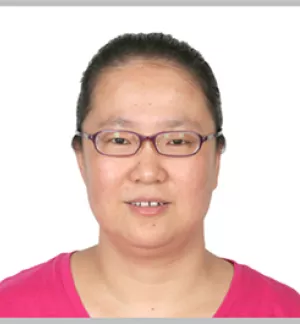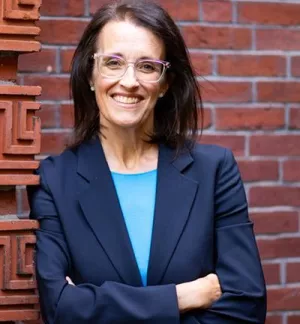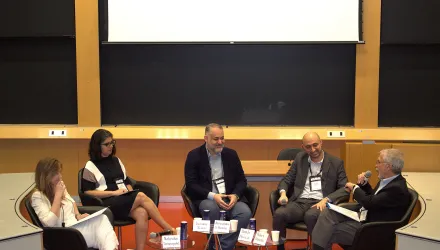With both China and the United States relying heavily on coal for electricity, senior government officials from both countries have urged immediate action to push forward technology that would reduce carbon dioxide emissions from coal-fired plants. They discussed possible actions at a high-level workshop in April 2009 at the Harvard Kennedy School jointly sponsored by the Belfer Center's Energy Technology Innovation Policy (ETIP) research group, China's Ministry of Science and Technology, and the Chinese Academy of Sciences.
The workshop examined issues surrounding Integrated Gasification Combined Cycle (IGCC) coal plants, which turn coal into gas and remove impurities before the coal is combusted, and the related carbon capture and sequestration, in which the carbon dioxide emissions are captured and stored underground to avoid releasing carbon dioxide into the atmosphere. Though promising, advanced coal technologies face steep financial and legal hurdles, and almost certainly will need sustained support from governments to develop the technology and move it to a point where its costs are low enough for widespread use.
Zhao, Lifeng, Yunhan Xiao and Kelly Sims Gallagher. “A Joint Workshop on Promoting the Development and Deployment of IGCC/Co-Production/CCS Technologies in China and the United States.” Energy Technology Innovation Policy Project, Belfer Center, June 3, 2009







